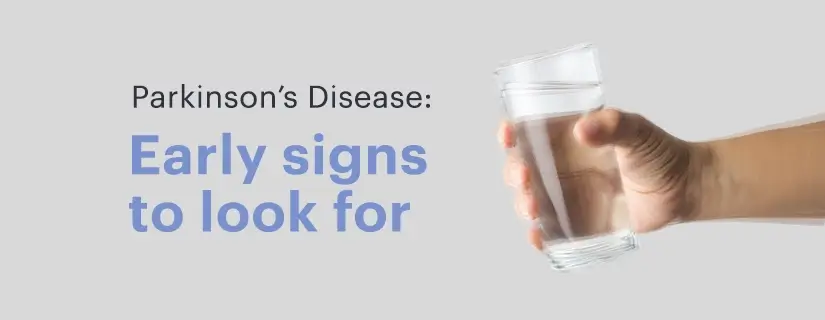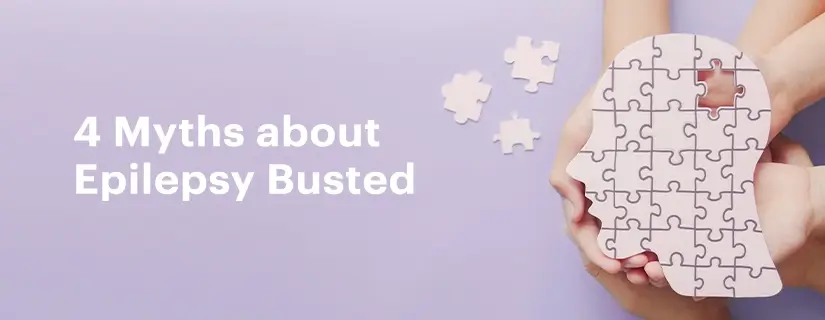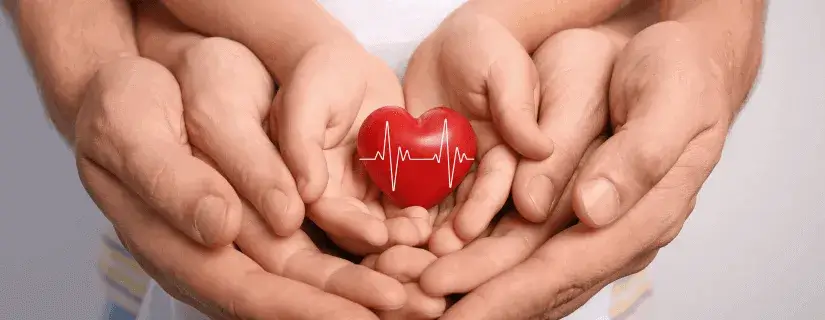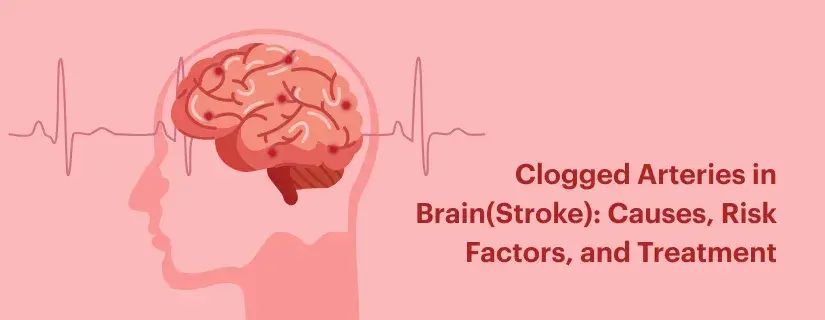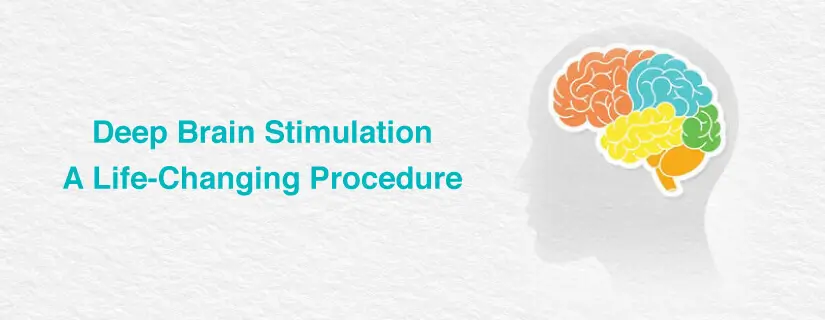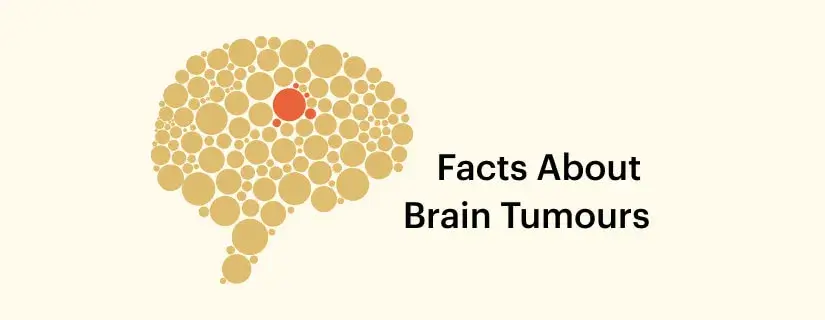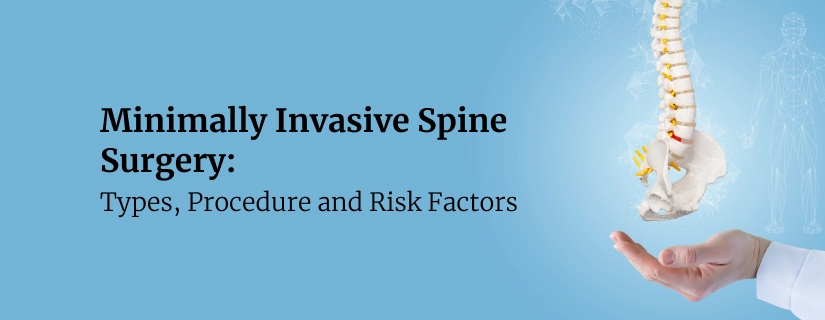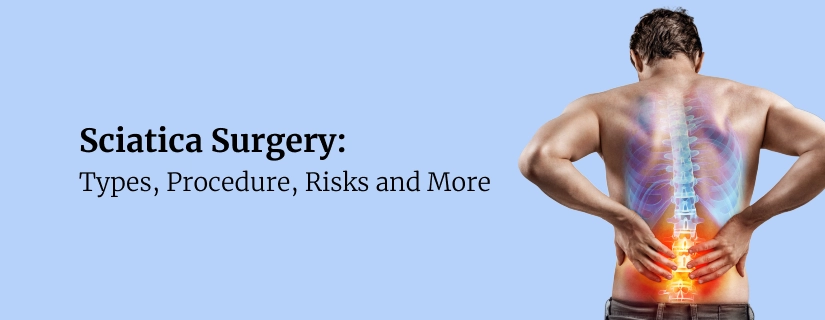-
Doctors
-
Specialities & Treatments
Centre of Excellence
Specialties
Treatments and Procedures
Hospitals & Directions HyderabadCARE Hospitals, Banjara Hills CARE Outpatient Centre, Banjara Hills CARE Hospitals, HITEC City CARE Hospitals, Nampally Gurunanak CARE Hospitals, Musheerabad CARE Hospitals Outpatient Centre, HITEC City CARE Hospitals, Malakpet
HyderabadCARE Hospitals, Banjara Hills CARE Outpatient Centre, Banjara Hills CARE Hospitals, HITEC City CARE Hospitals, Nampally Gurunanak CARE Hospitals, Musheerabad CARE Hospitals Outpatient Centre, HITEC City CARE Hospitals, Malakpet Raipur
Raipur
 Bhubaneswar
Bhubaneswar Visakhapatnam
Visakhapatnam
 Nagpur
Nagpur
 Indore
Indore
 Chh. Sambhajinagar
Chh. SambhajinagarClinics & Medical Centers
Book an AppointmentContact Us
Online Lab Reports
Book an Appointment
Consult Super-Specialist Doctors at CARE Hospitals
Traumatic Brain Injury: Types, Symptoms, Causes and Treatment
Updated on 12 July 2024
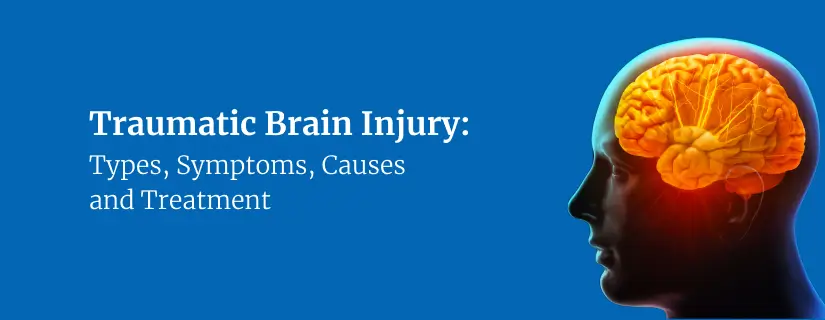
Imagine the simplest tasks, like tying your shoes or remembering a friend's name, which have become huge challenges after a violent blow, jolt, or injury to the brain. For many people with TBI, this can be a reality. But despite the immense difficulties, with the proper support, treatment, and a lot of determination, recovery is within reach. Let us discuss the potential causes, symptoms, and treatment approaches of traumatic brain injury so that you can be well-prepared in case you or your loved one is suffering from TBI.
What is Traumatic Brain Injury?
A type of brain injury that happens when a sudden, external physical force causes damage to the brain. It can be caused by various causes, such as blunt injury, car accidents, falls, sports-related injuries, or physical assaults. The range of impact can be from mild to severe. The effects of TBI can be short-term or long-lasting, affecting an individual's ability to function in everyday life.
Different Types of Traumatic Brain Injury
Traumatic brain injuries can fall under several categories, including:
- Mild Traumatic Brain Injury (mTBI): mTBI, also known as a concussion, involves a brief loss of consciousness or confusion, with minimal or no visible brain damage.
- Moderate Traumatic Brain Injury: This type of TBI involves more significant brain damage, often resulting in more extended periods of unconsciousness and more severe cognitive, physical, and emotional impairments.
- Severe Traumatic Brain Injury: Severe TBI manifests as extensive brain damage, prolonged unconsciousness, and significant long-term cognitive, physical, and emotional disabilities.
- Diffuse Axonal Injury (DAI): This type of TBI occurs when the brain experiences sudden, severe shaking or rotation, leading to widespread damage to the brain's nerve fibres (axons).
Symptoms of Traumatic Brain Injury
The symptoms of TBI can vary widely and depend on the severity of the injury and the specific areas of the brain affected. Common symptoms of mild TBI may include:
- Headaches or migraines
- Dizziness or balance issues
- Nausea and vomiting
- Sensory impairments, like vision or hearing problems
- Cognitive issues, such as memory loss, trouble concentrating, or slow processing speed
- Emotional and behavioural changes, including mood swings, irritability, or depression
- Difficulty with speech or language
- Fatigue
Additionally, a person with moderate to severe TBI may experience:
- Losing consciousness
- Weakness in arms and legs
- Difficulty in balance and coordination
- Difficulty concentrating and confusion
- Short-term or permanent memory loss
- Changes in sensory perception, like touch, vision, communication, or hearing issues
- Coma
Causes of Traumatic Brain Injury
Various factors can cause TBI, including:
- Motor Vehicle Accidents: Car crashes, motorcycle accidents, and pedestrian-vehicle collisions are a leading cause of TBI.
- Falls: Slips, trips, and falls, especially among older adults, are a common cause of TBI.
- Sports-related Injuries: Contact sports (football, hockey, and boxing) can result in TBI.
- Physical Assaults: Violent acts, such as physical abuse or gunshot wounds, can lead to traumatic brain injuries.
- Explosive Blasts: Military personnel and veterans may experience TBI due to exposure to explosive blasts during combat.
Risk Factors
Certain factors can increase an individual's risk of experiencing a traumatic brain injury, including:
- Age: Children and older adults are more prone to TBI.
- Gender: Men are more likely to sustain a TBI than women.
- Alcohol and Drug Use: Impaired judgment and coordination can increase the possibility of accidents and injuries leading to TBI.
- Participation in High-risk Sports or Activities: Individuals who engage in contact sports or extreme sports are at a higher risk of TBI.
- Previous History of TBI: Having experienced a previous TBI can make an individual more vulnerable to future injuries.
Complications
Traumatic brain injuries can lead to various complications, both in the short term and long term, including:
- Cognitive Impairments: Difficulties with memory, attention, problem-solving, and decision-making
- Physical Disabilities: Motor impairments, such as weakness, paralysis, or coordination issues.
- Sensory Problems: Vision, hearing, or balance problems.
- Emotional and Behavioural Changes: Mood swings, anxiety, depression, or personality changes
- Seizures: Increased risk of developing post-traumatic epilepsy
- Increased risk of other health conditions, Such as Parkinson's disease, Alzheimer's disease, or stroke.
Prevention
While some traumatic brain injuries are unavoidable, you can take some preventive steps to lower the risk of TBI:
- Wear Appropriate Safety Equipment: Wear helmets, seat belts, and other protective gear while performing activities that involve a high risk of injury.
- Avoid Risky Behaviours: Refrain from driving after drinking alcohol or taking drugs, and be cautious when participating in high-risk sports or activities.
- Maintain a Safe Home Environment: Ensure floors are clutter-free, there are grab bars in the bathroom and non-slip mats are used to prevent falls.
- Promote Brain-healthy Lifestyle Choices: Regularly exercise, eat a balanced meal, and get enough sleep to support overall brain health.
Diagnosis
Diagnosing a traumatic brain injury involves a combination of medical history review, physical examination, and various diagnostic tests, such as:
- Neurological Examination: Assessing cognitive function, reflexes, and sensory and motor abilities.
- Imaging Tests: CT scans, MRIs, or other imaging techniques to detect brain damage or bleeding
- Neuropsychological Testing: Evaluating cognitive, emotional, and behavioural functioning.
- Biomarker Testing: Measuring specific proteins or substances in the blood or cerebrospinal fluid (CSF) that may indicate brain injury.
Treatment for Traumatic Brain Injury
The treatment for traumatic brain injury can depend on the degree of the injury and the specific symptoms experienced by the individual. Treatment options may include:
- Emergency Care: Immediate medical attention to stabilize the patient and prevent further injury.
- Medications: Prescription drugs to manage pain, reduce inflammation, prevent seizures, or address other symptoms.
- Rest: Allowing time for the brain to heal and avoiding strenuous activities.
- Rehabilitation: Physical, occupational, and speech therapy to help the individual regain skills and independence.
- Cognitive Therapy: Strategies to improve cognitive function, such as memory, attention, and problem-solving.
- Psychological Support: Counselling or therapy to address emotional and behavioural changes
- Assistive Devices: Tools and technologies to help the individual adapt to any physical or cognitive limitations
When to See a Doctor
Take the help of your doctor immediately if a traumatic brain injury is suspected, even if the symptoms appear mild. Prompt diagnosis and treatment can significantly enhance the chances of a successful recovery. One should seek medical care if there is:
- Loss of consciousness, even for a brief moment
- Persistent headache or dizziness
- Confusion or disorientation
- Difficulty with balance or coordination
- Nausea or vomiting
- Slurred speech or trouble understanding others
- Changes in mood, behaviour, or personality
Conclusion
Traumatic brain injury can be severe, but with the proper support, treatment, and determination, recovery is possible. By understanding the different types of TBI, recognising the symptoms, and seeking prompt medical care, individuals can take the first steps towards regaining their health and independence. Through a holistic approach catering to the physical, cognitive, and emotional aspects of the injury, those affected by TBI can have fulfilling lives and emerge even stronger than before.
FAQs
1. Can the brain heal after being injured?
The brain has an inherent capacity for healing and adaptability, known as neuroplasticity. With proper treatment and rehabilitation programs, the brain can often reorganise and form new neural pathways to compensate for the damage caused by a traumatic injury. The extent and pace of recovery will depend on the severity of the injury, the person's overall health, and the specific treatment plan.
2. How can I speed up my recovery from a brain injury?
There are several ways to support and potentially accelerate the recovery process from a traumatic brain injury:
- Regular physical, occupational, and cognitive therapy to help regain skills and adapt to limitations.
- Maintain a healthy lifestyle, take diet as suggested by your doctor, perform regular physical activities, and get adequate sleep, to support your brain health and healing.
- Practice stress management exercises, such as mindfulness or meditation, to reduce the negative impacts of emotional and psychological stress.
- Participate in support groups or seek counselling to address any emotional or behavioural changes resulting from the injury
ENQUIRY FORM
SELECT CATEGORIES
-
Neurosciences (16)
-
Neurology (37)
-
Neurosurgery (14)
-
Orthopaedics (48)
-
Oncology (33)
-
Obstetrics and gynecology (51)
-
Pulmonology (23)
-
Urology (20)
-
Nephrology (13)
-
Psychiatry (7)
-
Dietetics and Nutrition (111)
-
General Medicine (63)
-
Cardiac Sciences (30)
-
Vascular & Endovascular Surgery and Interventional Radiology (10)
-
Gastroenterology (46)
-
Endocrinology (23)
-
Plastic Surgery (10)
-
Critical Care Medicine (5)
-
COVID-19 (16)
-
Dermatology (16)
-
Emergency Care (1)
-
Ophthalmology (4)
-
Pediatrics (14)
-
Laparoscopic and Bariatric Surgery (8)
-
ENT (15)
-
Kidney Transplant (1)
-
Liver Transplantation and Hepatobiliary Surgery (5)
-
General Surgery (3)
-
Internal Medicine (5)
-
Medicine Information
Brain Tumor Surgery: Types, Procedure and Other Treatment Options
Blood Clot in Brain: Types, Symptoms, Causes and Treatment
YOU MAY ALSO LIKE
RECENT BLOGS
-

Direct Anterior Approach in Total Hip Replacement: Advantages and Challenges
10 April 2025
Read More
-

Zinc Deficiency: Signs and Symptoms, Causes, Treatment
9 April 2025
Read More
-

Chest Pain When Coughing: Causes, Treatment and Home Remedies
9 April 2025
Read More
-

12 Health Benefits of Eating Mushrooms
8 April 2025
Read More
-

7 Health Benefits of Blood Donation You Should Know About
8 April 2025
Read More
-

Implantation Bleeding Vs Periods: Know the Difference
28 February 2025
Read More
-

Bloating During Ovulation: Symptoms, Causes and Remedies
28 February 2025
Read More
-

Itching During Dengue: Causes, Treatment and Home Remedies
18 February 2025
Read More
Have a Question?
If you cannot find answers to your queries, please fill out the enquiry form or call the number below. We will contact you shortly.




